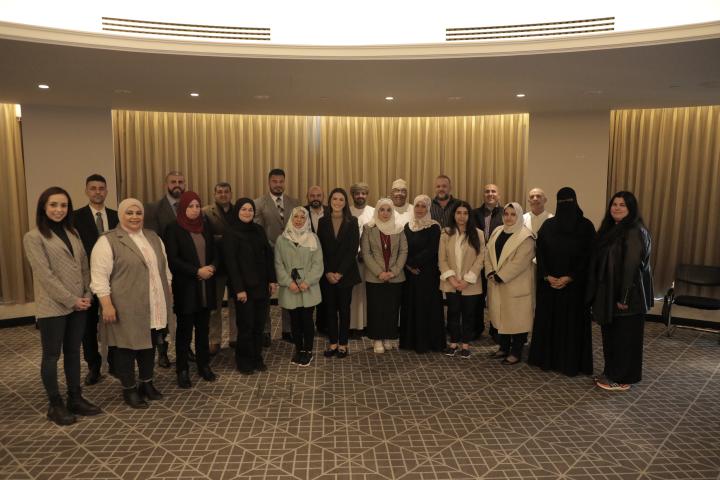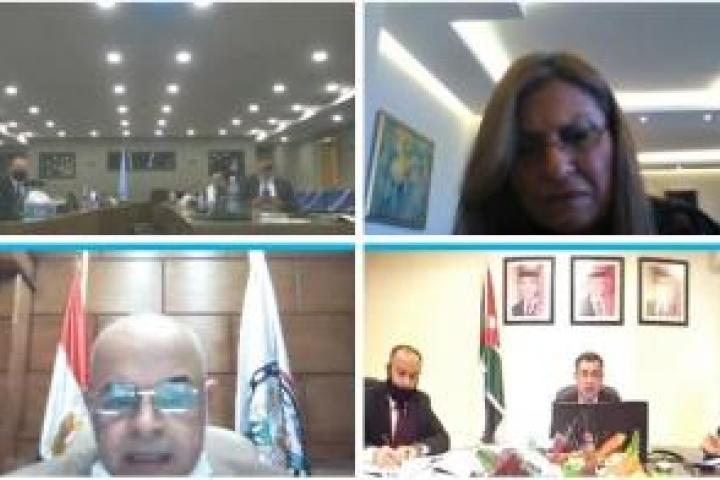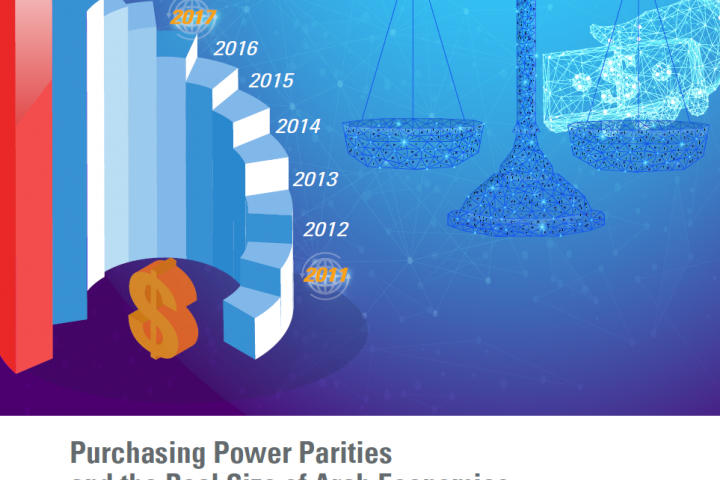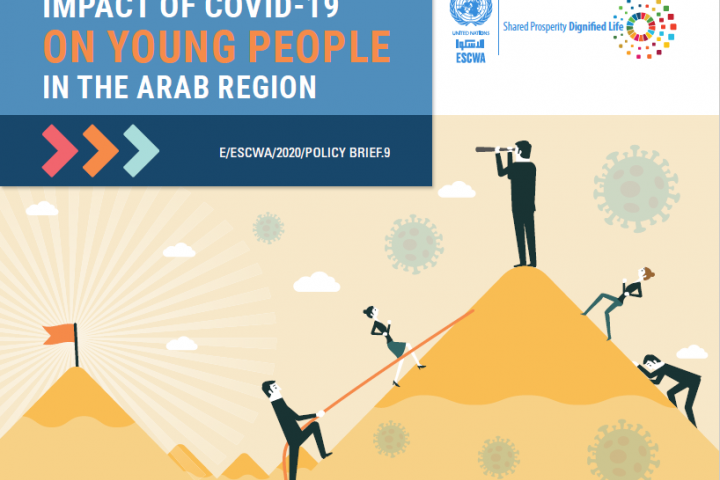Improving the Arab region with open and reliable data
Beirut, 17 July 2020 (ESCWA)--This week, the ESCWA project on "Monitoring Disasters’ Impacts on Land Cover in Coastal Zones of Egypt" was selected for funding by the Group on Earth Observations (GEO) and Google Earth Engine (GEE), along with 31 other winning projects out of over 50 competing submissions from around the world.
The project, submitted in cooperation with the Central Agency for Public Mobilization and Statistics in Egypt (CAPMAS), will help “to improve our planet with Open Earth Data,” as stated by the GEO-GEE announcement on 13 July.
“The project responds to the urgent need to integrate disaster measurements with other statistics and, in turn, to provide better data and measurements to improve disaster risk reduction in Egypt and the Arab region,” said Wafa Aboul Hosn, Chief of Economic Statistics at ESCWA.
The project will provide the required data and a replicable methodology to assess damage caused by disasters in a local context. It will also link the use of remote sensing data to traditional statistical data, which will improve geospatial analysis in the region and increase the effectiveness of Sustainable Development Goals (SDG) monitoring.
Also on the urgent need for reliable data, ESCWA participated in a panel discussion of the 2020 Environmental Systems Research Institute (Esri) User Conference on 15 July. Panelists discussed the new open access data portal of the United Nations Sustainable Development Solutions Network, as well as the importance of timely data and the critical role geospatial data and Geographical Information Systems (GIS) play in ensuring the achievement of SDGs.
Finally, on 8 July, ESCWA contributed to the Data Blog of the Office of Information and Communications Technology (OICT) with an entry entitled “Evidence-based public policymaking in the Arab region”. The article stressed the importance of data for evidence and trust, not only for policymakers but also the public at large—an issue which has become most evident with the COVID-19 pandemic.
The article also underlined the value of official statistics as a source for robust, high-quality and impartial data, underlining the main challenges for their production in the Arab region: instability and conflict; the need for greater independence for national statistical offices to release sensitive data; and the need for greater funding.
***
For more information:- Ms. Maryam Sleiman, Public Information Assistant, +961-81-769-888; email: sleiman2@un.org
- Ms. Rania Harb, Public Information Assistant, +961-70-008-879; email: harb1@un.org




